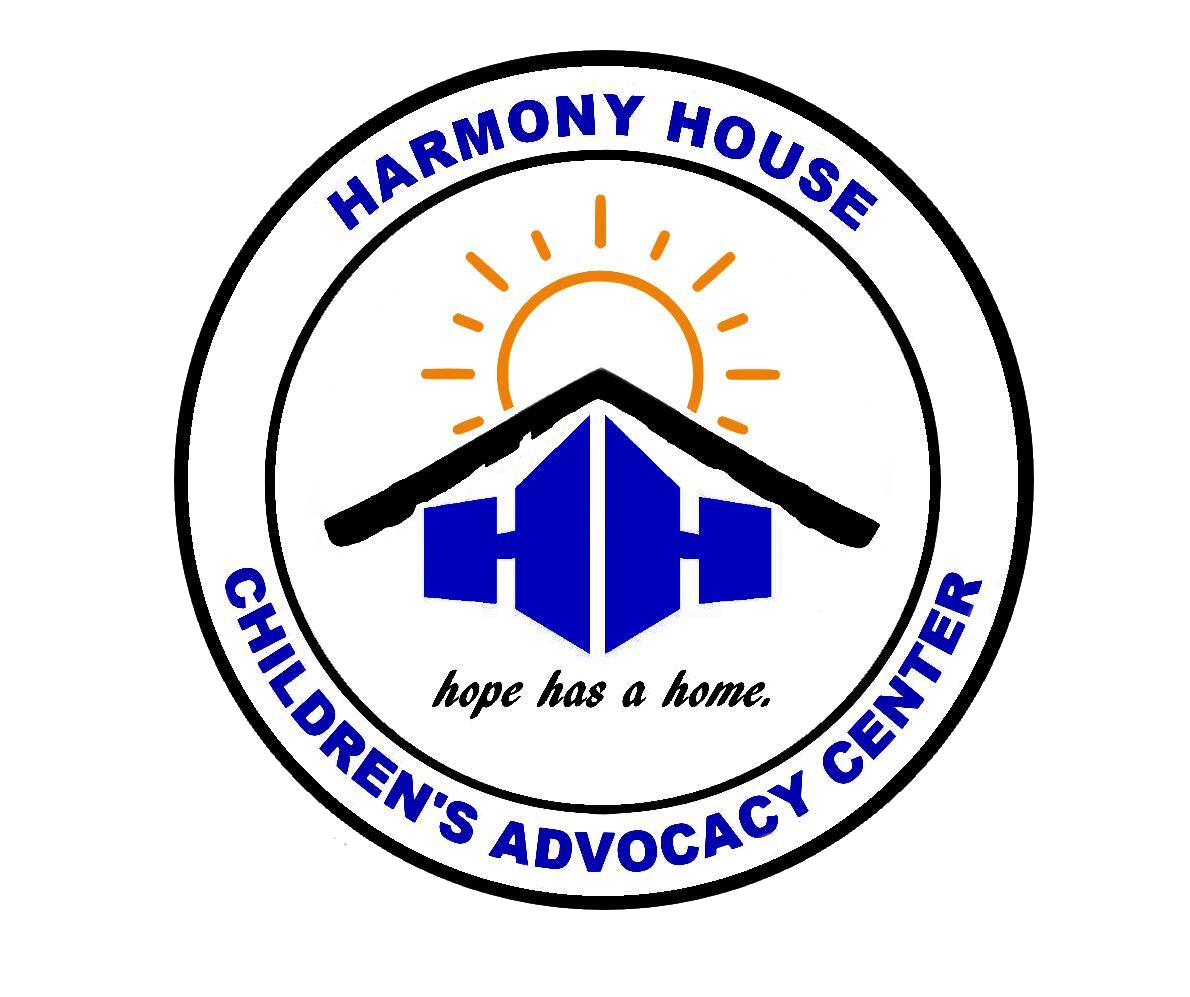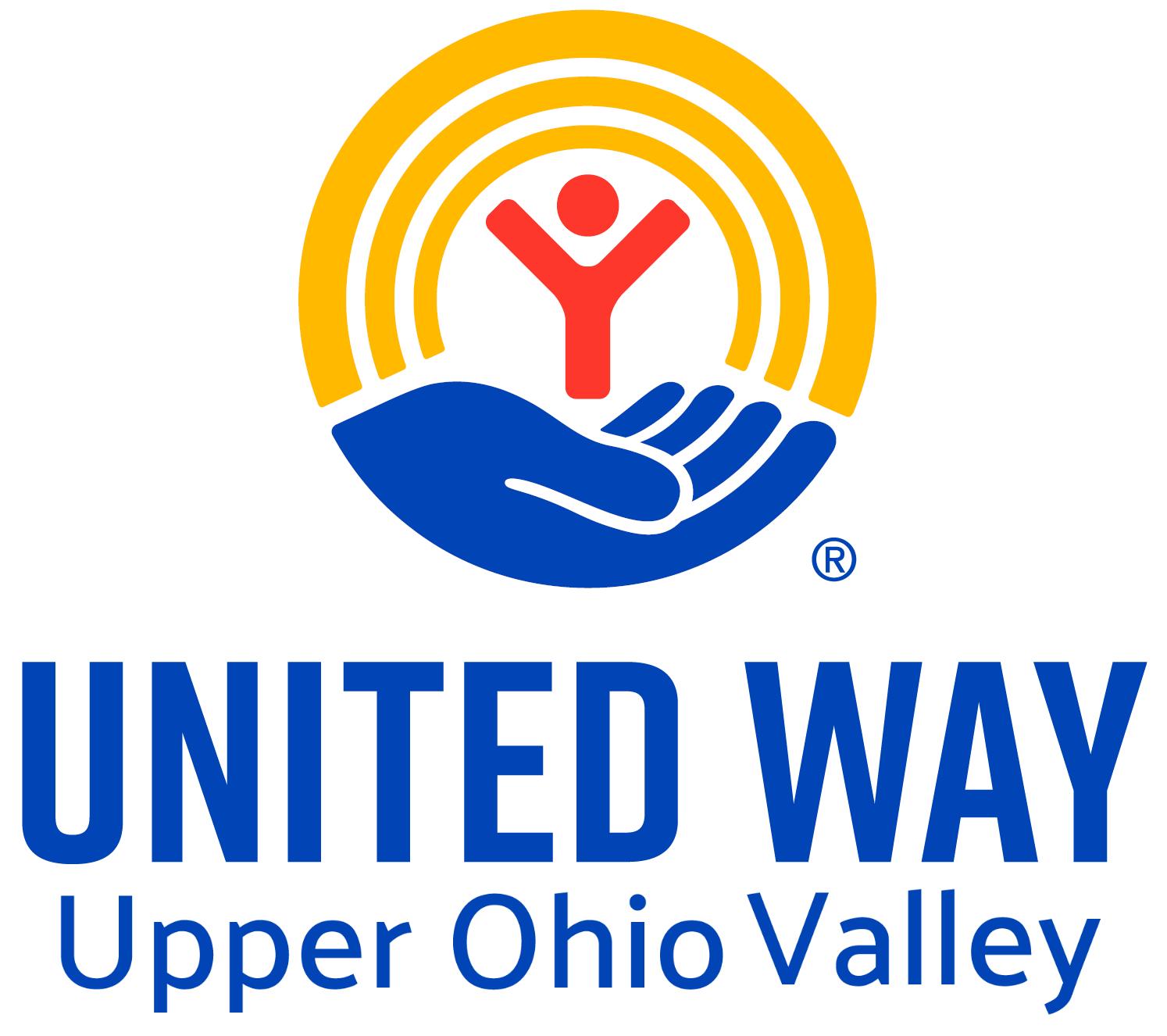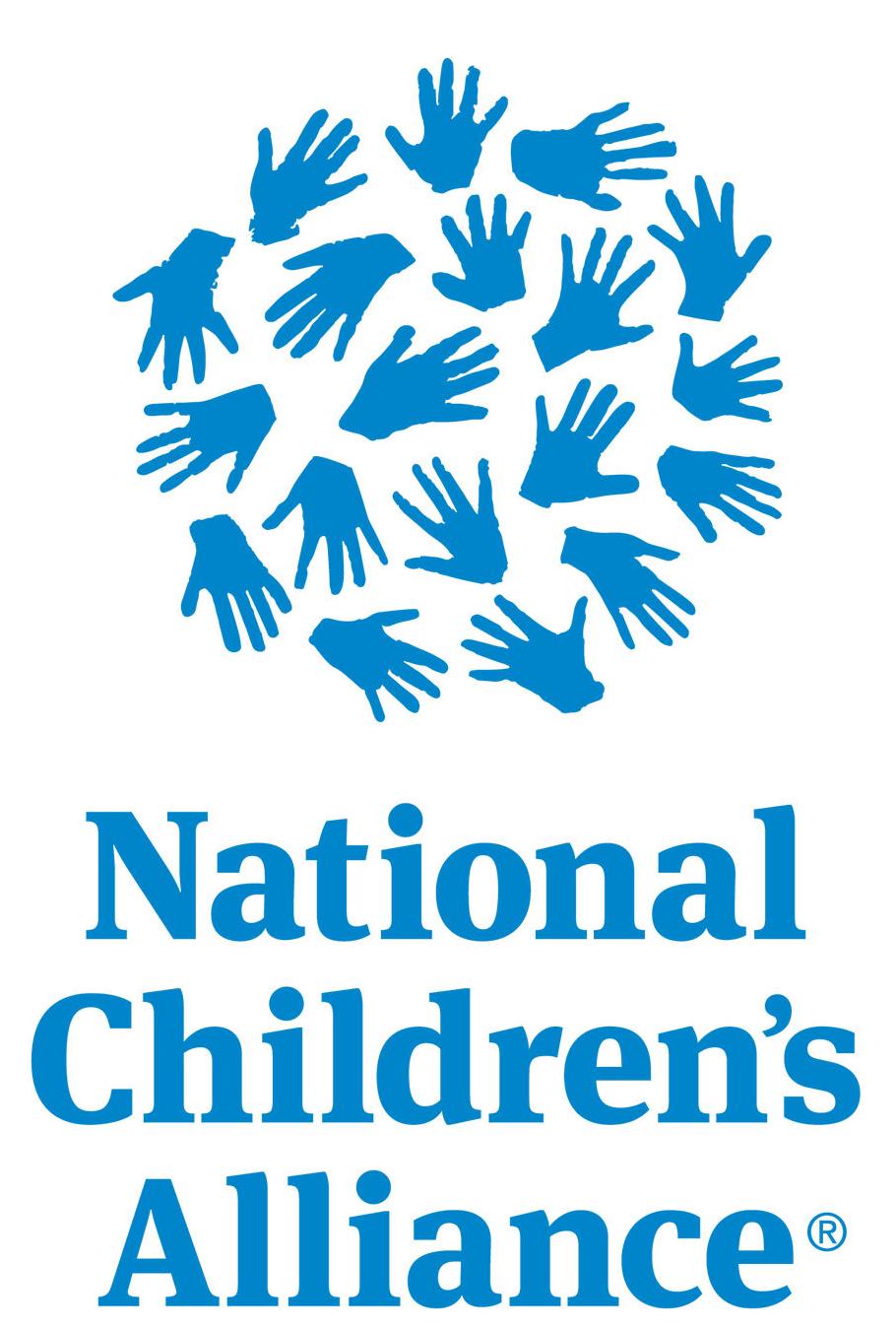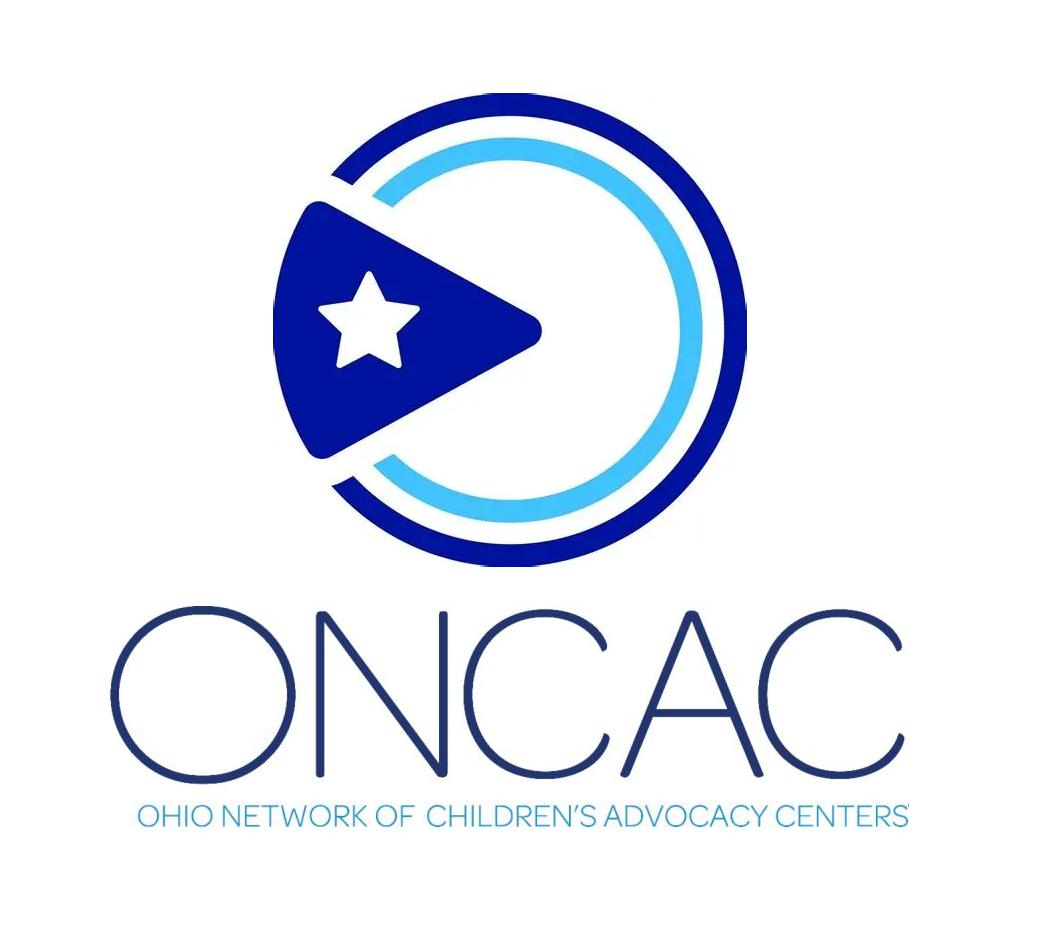ABOUT
Harmony House is a Children's Advocacy Center (CAC). A CAC is a comprehensive, child-focused program based in a facility that allows prosecutors, law enforcement, child protective service workers, medical and mental health professionals, and victim advocates to work together to strengthen our community's response to child abuse.Harmony House exists to ensure that no child is further victimized by systems designed to protect her or him.
The child's well-being is the first priority.
Equal Employment Opportunity & Non-Discrimination
Harmony House does not and shall not discriminate on the basis of race, color, religion (creed), gender, gender expression, age, national origin (ancestry), disability, marital status, sexual orientation, or military status, in any of its activities or operations. These activities include, but are not limited to, hiring and firing of staff, selection of volunteers and vendors, and provision of services. We are committed to providing an inclusive and welcoming environment for all members of our staff, clients, volunteers, subcontractors, vendors, and clients. Harmony House is an equal opportunity employer. We will not discriminate and will take affirmative action measures to ensure against discrimination in employment, recruitment, advertisements for employment, compensation, termination, upgrading, promotions, and other conditions of employment against any employee or job applicant on the bases of race, color, gender, national origin, age, religion, creed, disability, veteran's status, sexual orientation, gender identity or gender expression.
CACs support and coordinate the efforts of a multidisciplinary team (MDT) of professionals consisting of:
Law enforcement investigators
Prosecutors
Child protective service workers
Medical professionals
Mental Health Professionals
Victim Advocates
In many communities, other local service providers also serve on the MDIT. In the neutral setting of the CAC, team members can collaborate on strategies that will aid investigators and prosecutors without causing further harm to the child. This innovative multidisciplinary approach significantly increases the likelihood of a successful outcome in court and long-term healing for the abused child, the most vulnerable of crime victims.
CAC Multidisciplinary teams collaborate to:
- Coordinate investigations
- Limit, when possible, the number of times each child is interviewed
- Provide comfortable, child-friendly settings for interviews
- Reduce the child victims' travel to investigative agencies
- Coordinate medical and mental health services
- Increase public awareness about the incidence and impact of child abuse
Effects of Child Abuse
There are four main categories of child abuse: sexual, physical, emotional and neglect. Child abuse can have both short-term and long-term consequences. These include:
- Low self-esteem and lack of trust
- Depression, fear, anger, shame and anxiety
- Regressive behaviors such as bed wetting
- Suicidal ideation
- Sleep disturbances
- Health problems including physical injuries and neurological damage
- Eating disorders and other forms of self harm
- Dissociation
- Repeat sexual victimization
- Violence towards others
- Chronic perceptions of danger and confusion





